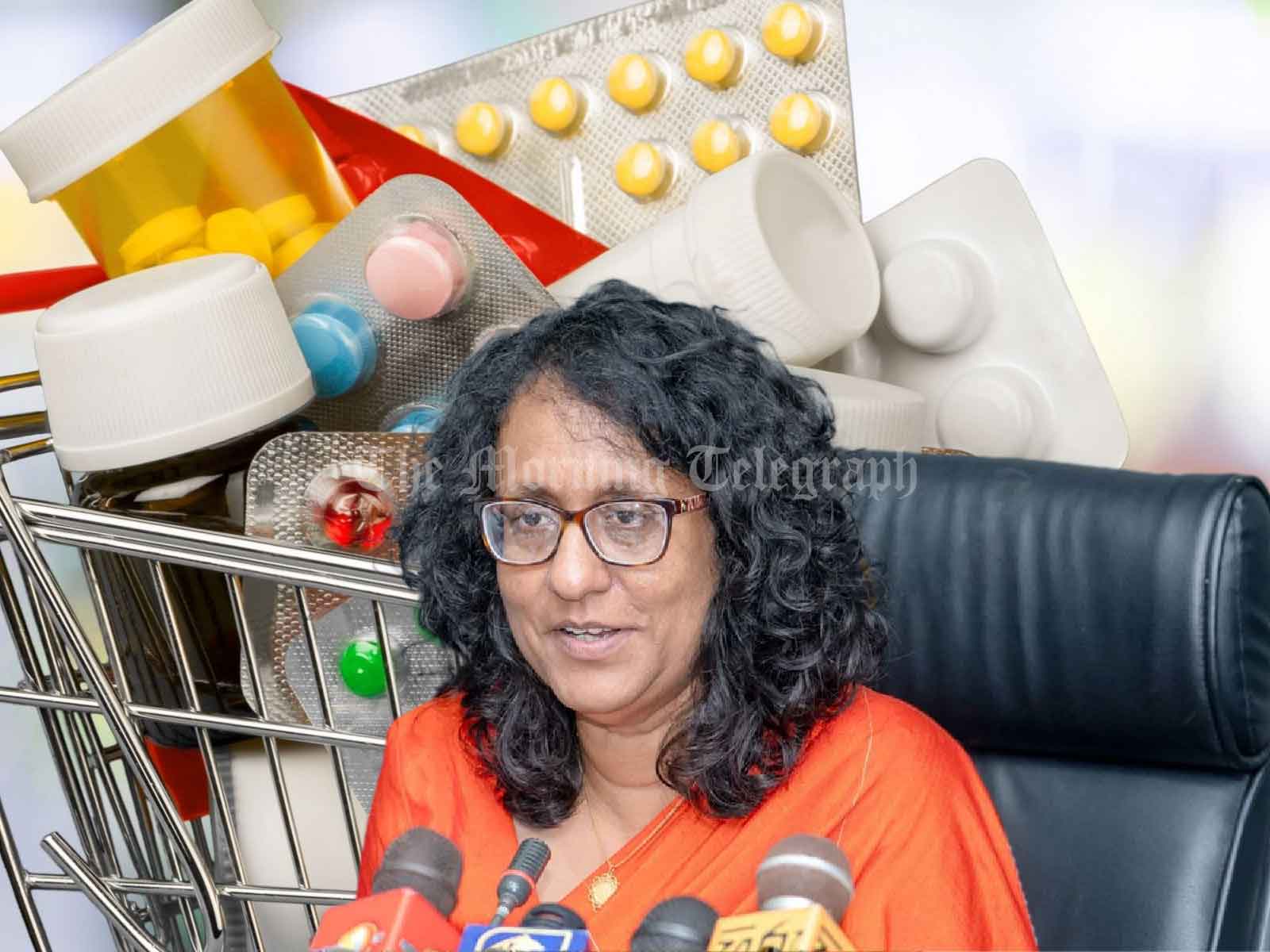
The Cabinet has once again rejected a proposal by Prime Minister Harini Amarasuriya, who also serves as the Minister of Health, to procure 305 essential medicines from local manufacturers for the year 2025. This decision has raised alarm within the healthcare sector, as hospitals could face potential drug shortages in the coming months.
At the Cabinet meeting, chaired by President Anura Kumara Dissanayake on October 7th, Minister Harini presented the memorandum for the second time, hoping to implement a new system for procuring medicines locally. The proposal aimed at revising current procurement methods and included an 8% reduction in prices by sourcing medicines from domestic manufacturers.
However, despite these incentives, the Cabinet rejected the plan, citing concerns over the timeline for drug delivery. Local manufacturers have informed the Ministry of Health that they would not be able to supply the required medicines by January 2025, as the bulk orders necessary for production have not yet been placed. It was highlighted that the production process takes over three months, making it impossible to meet the immediate deadlines. This delay could severely impact the availability of medicines in hospitals across the country.
Sources suggest that the rejection has come at a critical time when the country’s healthcare system is already strained, and an impending drug shortage could exacerbate the situation. Minister Harini’s efforts to secure local procurement were initially aimed at reducing the country’s reliance on international suppliers and promoting the domestic pharmaceutical industry. However, the inability to provide clear guarantees on timely supply has caused concern within the Cabinet.
In an effort to salvage the situation, the Ministry of Health held an urgent discussion with Dr. Nihal Abeysinghe, General Secretary of the National People’s Force, on October 8th. The goal of the meeting was to secure Cabinet approval before the situation escalates further. However, if the local procurement proposal continues to face hurdles, the Ministry is considering reverting to the previous procurement methods to avoid delays in medicine supplies.
Despite the ongoing discussions, healthcare experts warn that the lack of decisive action could lead to serious consequences, including shortages of life-saving drugs in hospitals across the country. The Ministry of Health is now under pressure to find an immediate solution before the situation worsens, as it remains unclear whether the necessary medicines will be available by the beginning of next year.
The Cabinet’s rejection of the proposal for a second time reflects a complex balancing act between encouraging local production and ensuring that the healthcare system is not left vulnerable due to supply chain issues. With concerns mounting, all eyes are on how the Ministry will address this looming crisis and secure the necessary approvals to avert a potential public health disaster.




